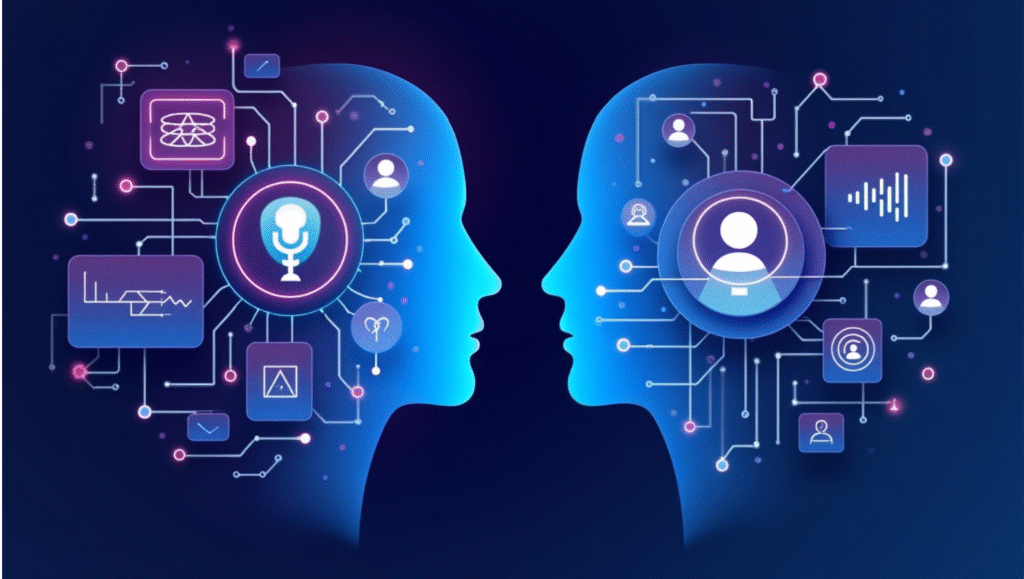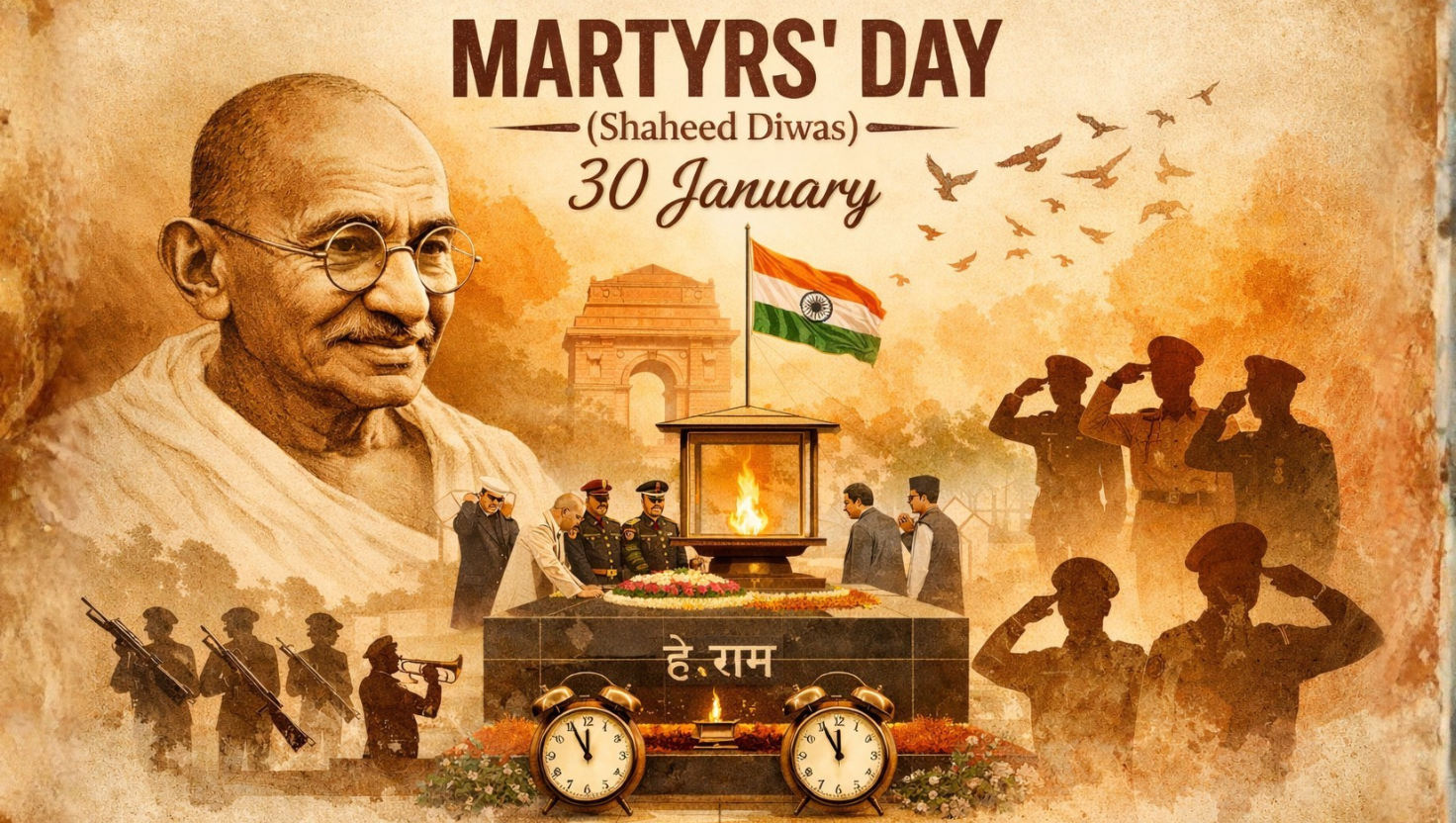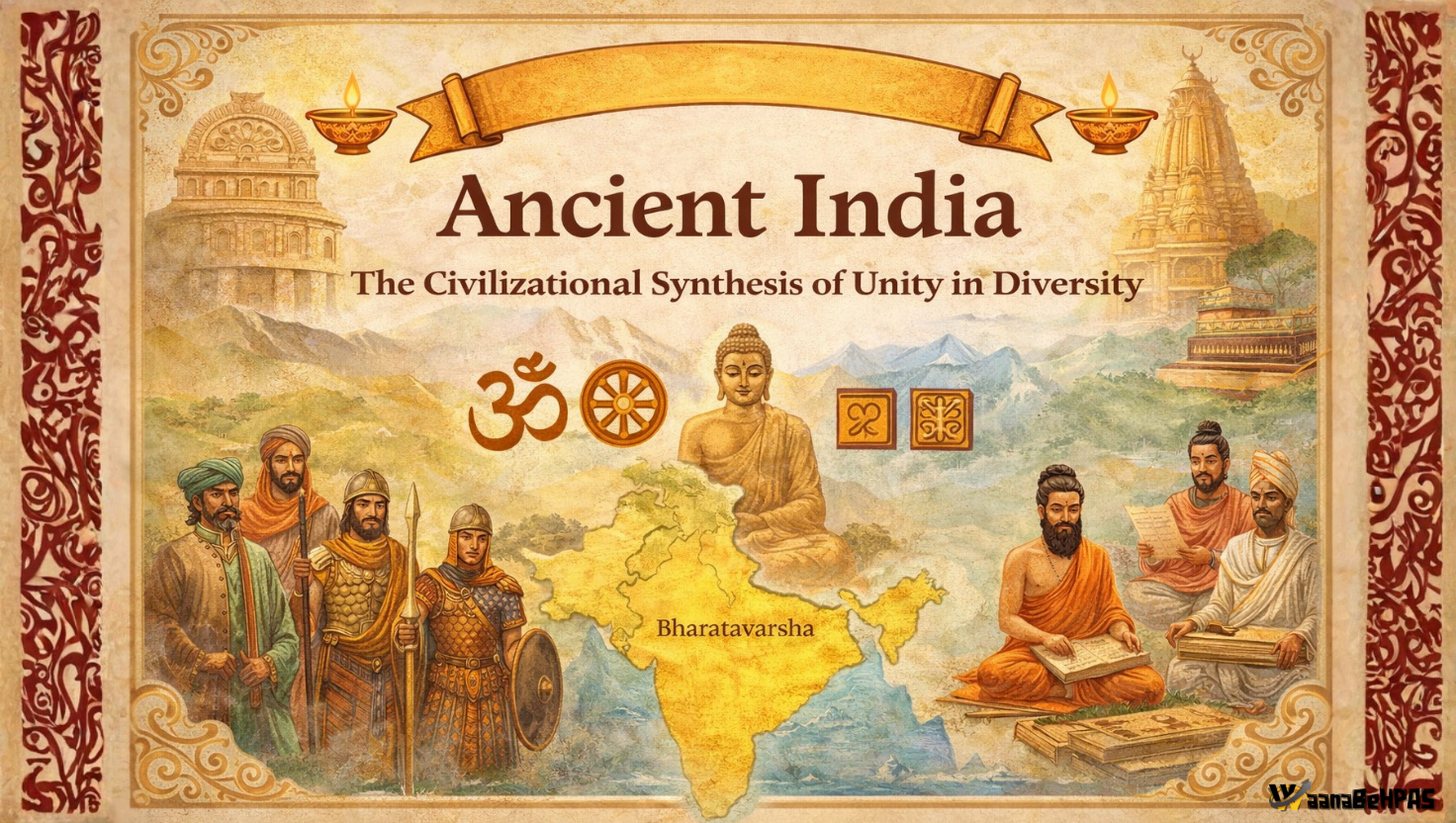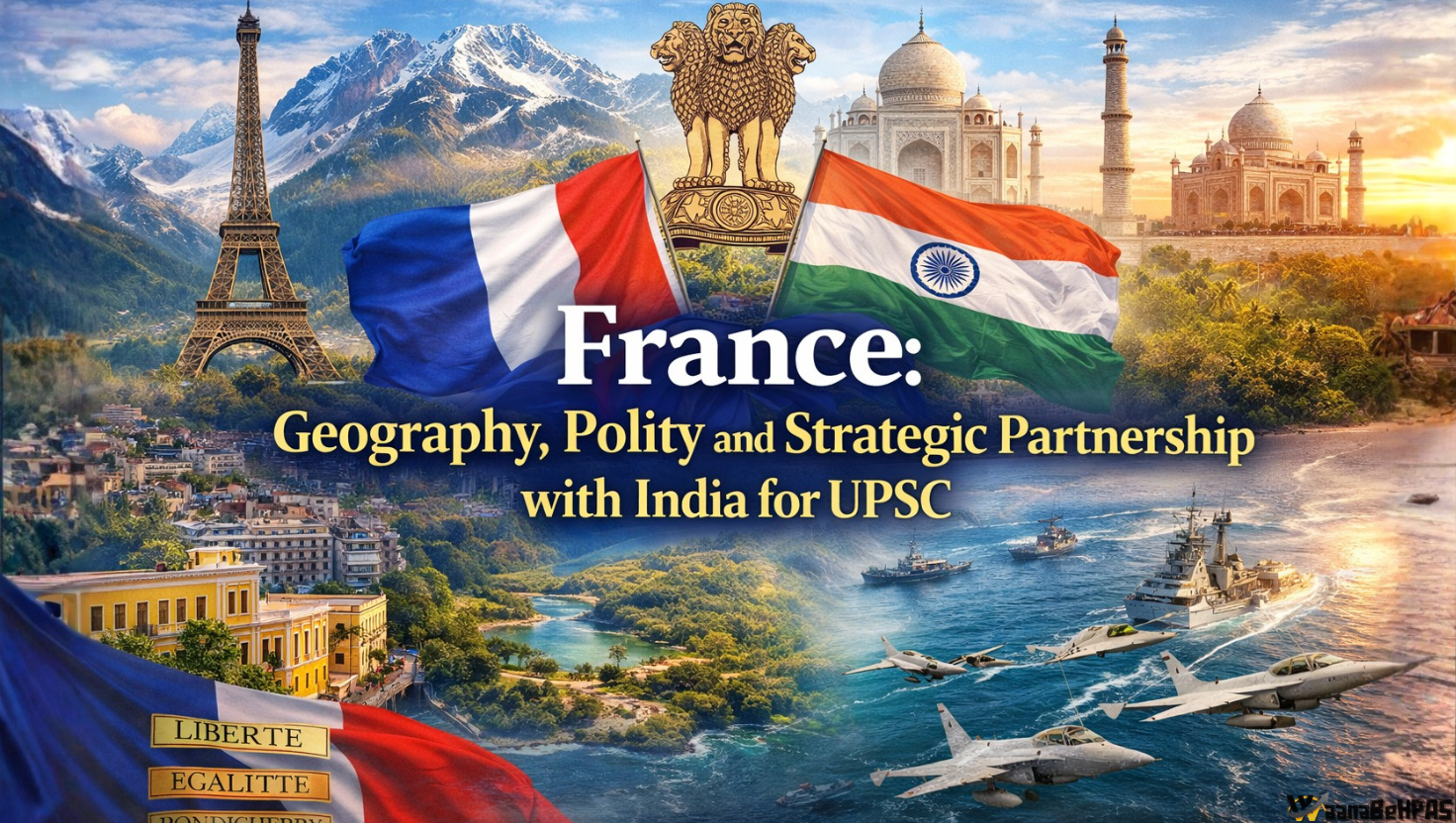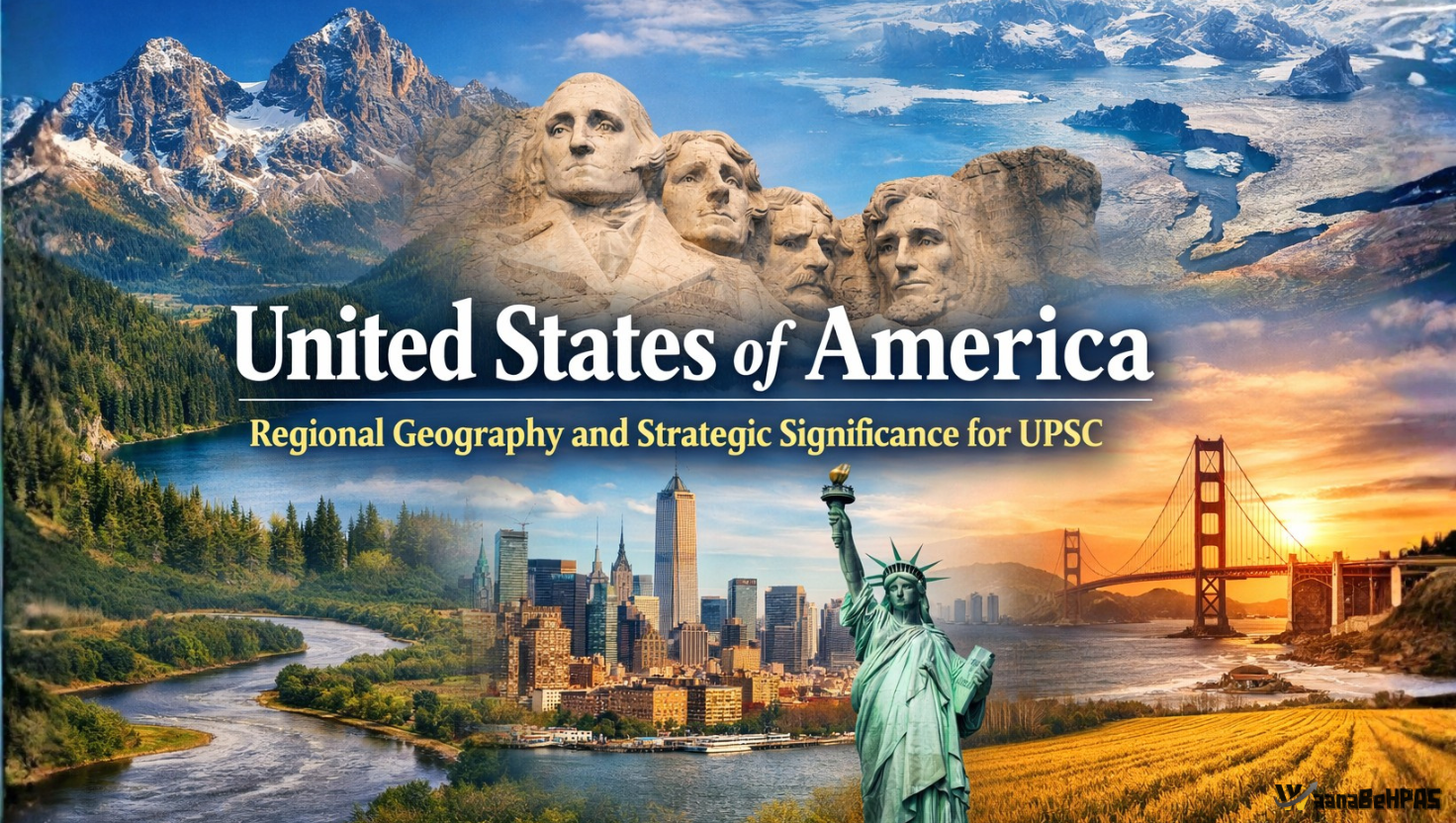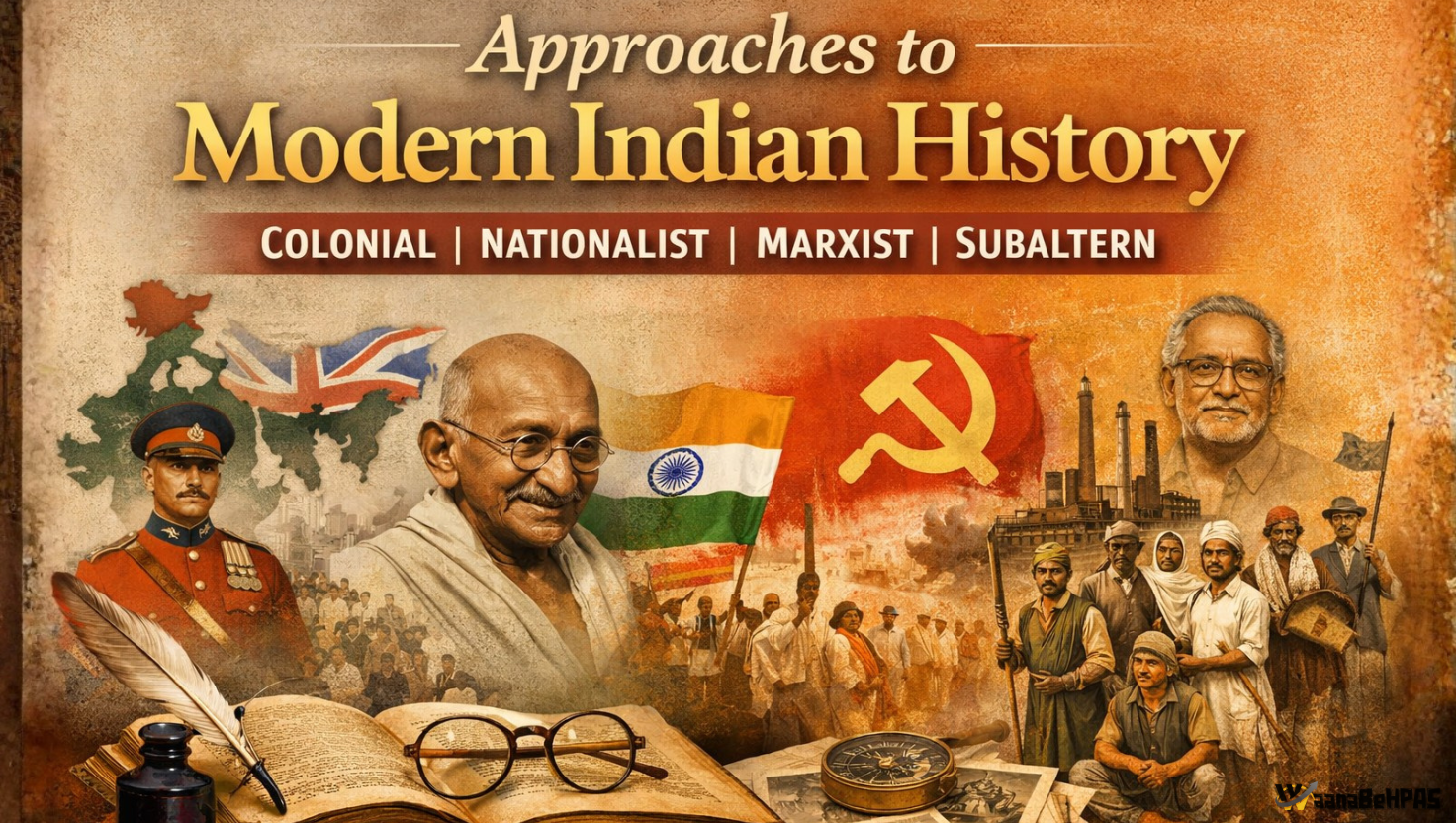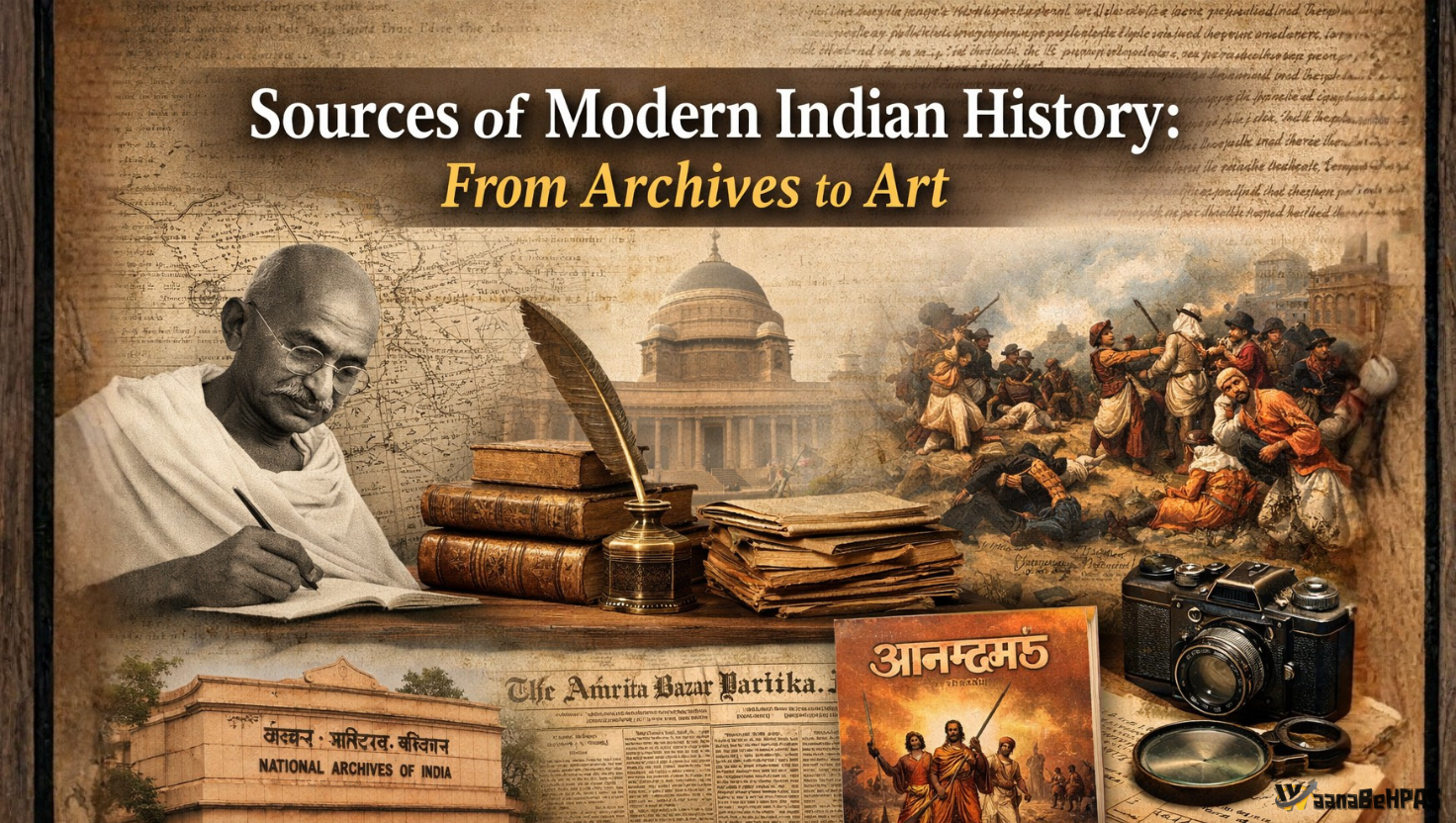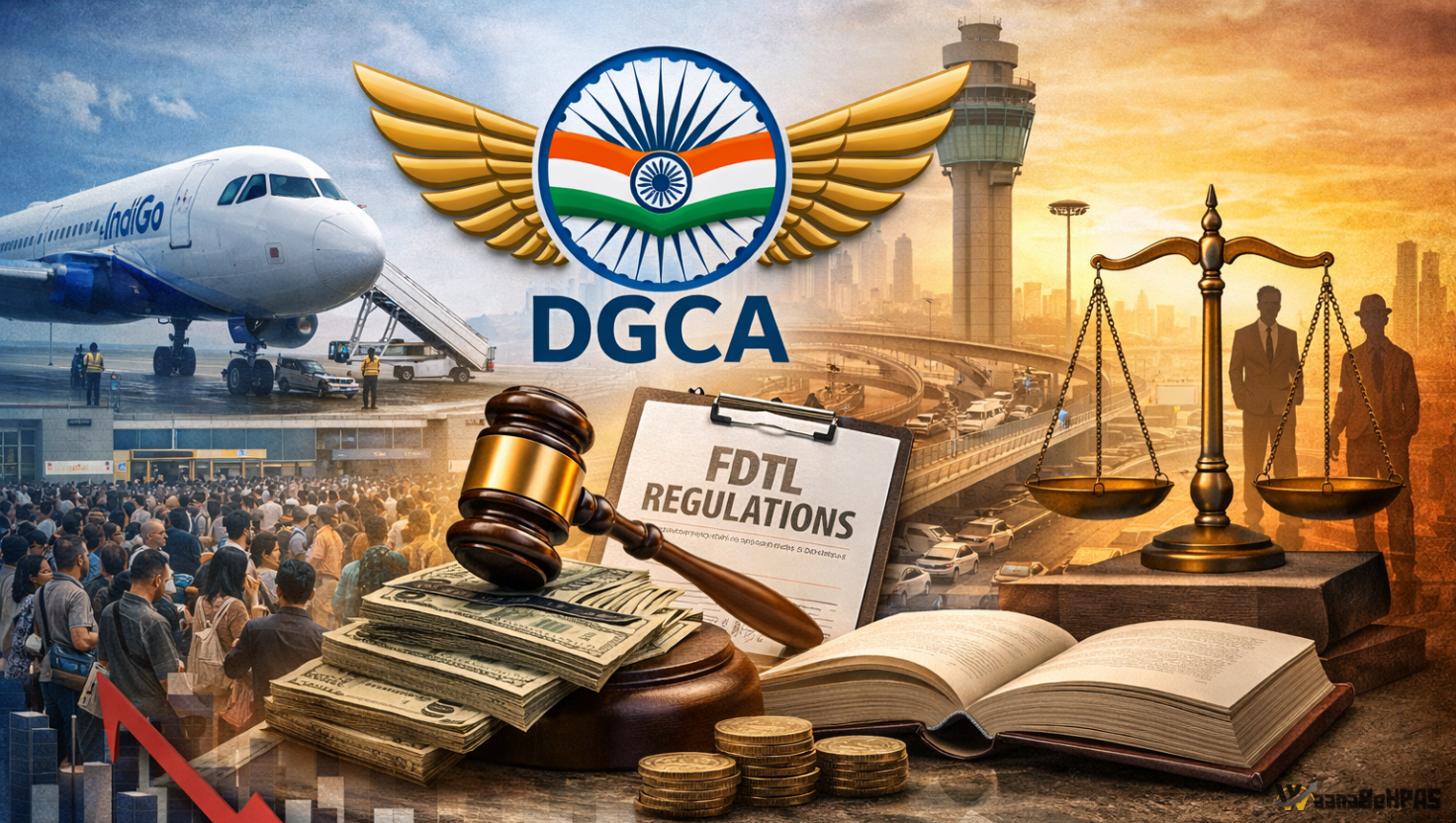Personality Rights in India
Syllabus: Polity, Fundamental Rights, Privacy (UPSC GS II)
Source: The Hindu
Context
The Delhi High Court recently protected the personality rights of Aishwarya Rai Bachchan and Abhishek Bachchan, preventing AI-generated misuse of their images and voices.
What are Personality Rights?
- Definition: Legal rights protecting a person’s name, image, likeness, signature, and voice from unauthorized commercial use.
- Constitutional Basis: Rooted in Article 21 – Right to Privacy and Dignity.
Statutory and Legal Anchors
- Copyright Act, 1957: Sections 38A & 38B protect performers’ rights.
- Trade Marks Act, 1999: Celebrities can trademark names, catchphrases, or signatures.
- Common Law Tort (Passing Off): Protects against false endorsement or misuse of goodwill.
Key Judicial Decisions
- R. Rajagopal v. State of Tamil Nadu (1994): Privacy and control over identity recognised under Article 21.
- Rajinikanth Case (Madras HC, 2015): Use of name/image in films restrained even without proof of deception.
- Anil Kapoor Case (Delhi HC, 2023): Protected voice, catchphrases, persona; free speech exception for satire and parody clarified.
- Jackie Shroff Case (Delhi HC, 2024): Prohibited misuse on e-commerce and AI platforms; stressed brand equity protection.
- Arijit Singh v. Codible Ventures (Bombay HC, 2024): AI voice cloning ruled a violation; highlighted generative AI risks.
Personality Rights vs Free Speech
- Article 19(1)(a): Free speech guaranteed but subject to reasonable restrictions (Article 19(2)).
- Permissible Uses: Satire, parody, news reporting, art, scholarship.
- Prohibited Uses: Commercial exploitation, false endorsement, degrading deepfakes.
- DM Entertainment v. Baby Gift House (2010): Courts warned against restricting free speech excessively.
Challenges in the Digital Era
- AI & Deepfakes: Voice cloning, synthetic videos, and impersonation threaten privacy.
- Rapid Spread: Online content spreads faster than enforcement measures.
- Fragmented Laws: No single law covers personality rights; remedies rely on scattered cases.
- Women Vulnerability: Rising misuse in revenge porn and morphed images.
- Censorship Risk: Over-expansion may limit satire, parody, or political critique.
Way Forward
- Comprehensive Legislation: Codify personality rights, harmonizing privacy, IP, and IT laws.
- AI Regulation: Mandate watermarking, platform accountability, and liability for misuse.
- Clear Exceptions: Protect satire, criticism, and academic use.
- Gender-Sensitive Safeguards: Stronger remedies against non-consensual digital misuse.
- Awareness & Registration: Voluntary registration of celebrity attributes as intellectual property.
Conclusion
Personality rights are crucial for protecting dignity and identity in the AI-driven digital era. Courts have stepped in to fill legal gaps, but a balanced statutory framework is needed to protect individuals while preserving free expression and democratic values.

